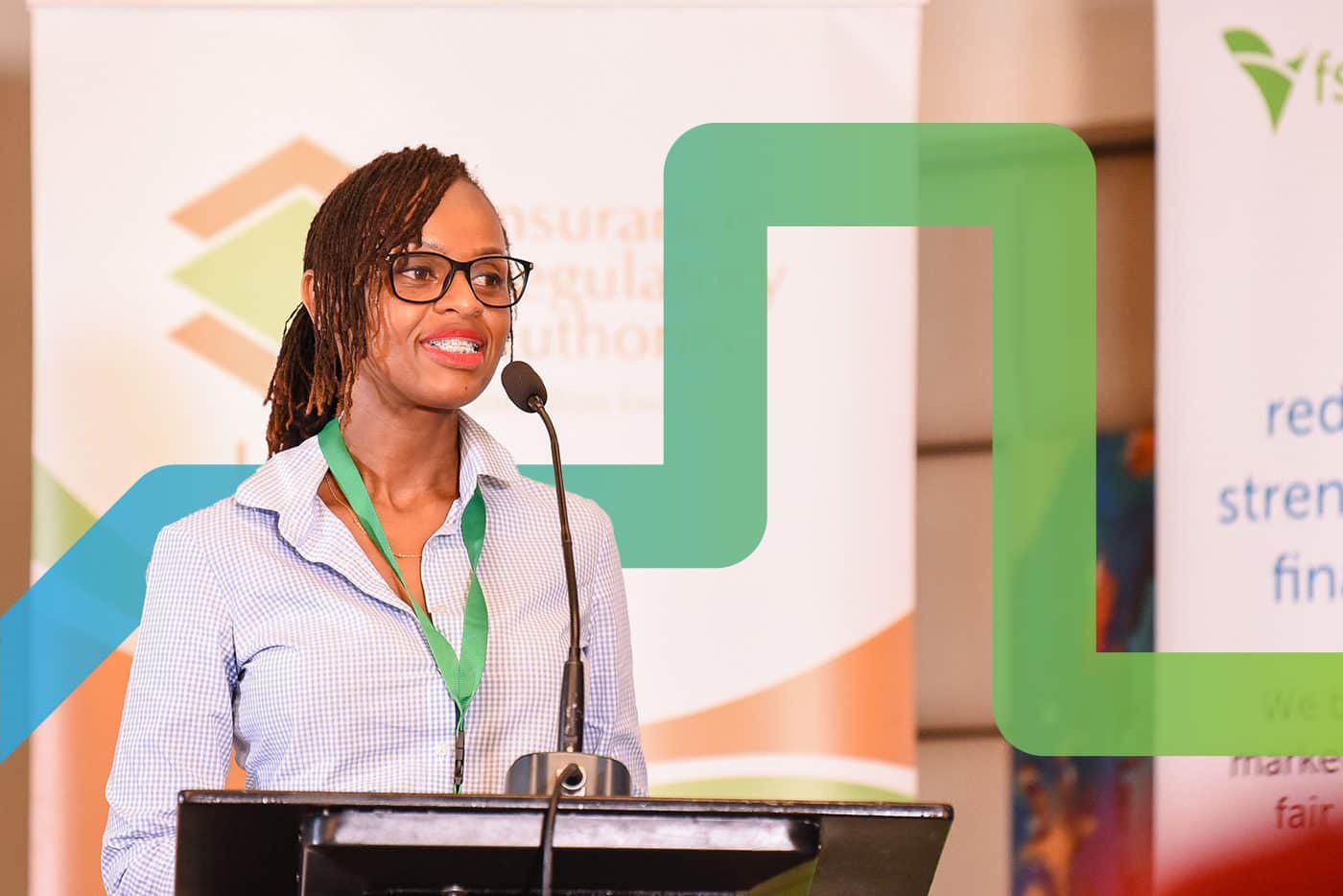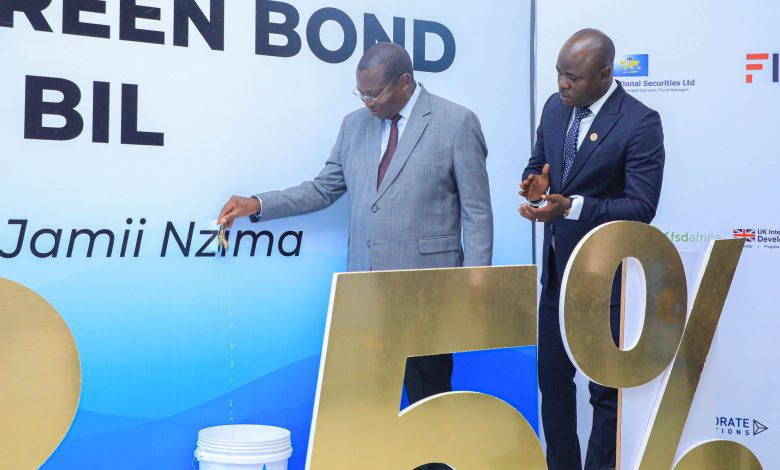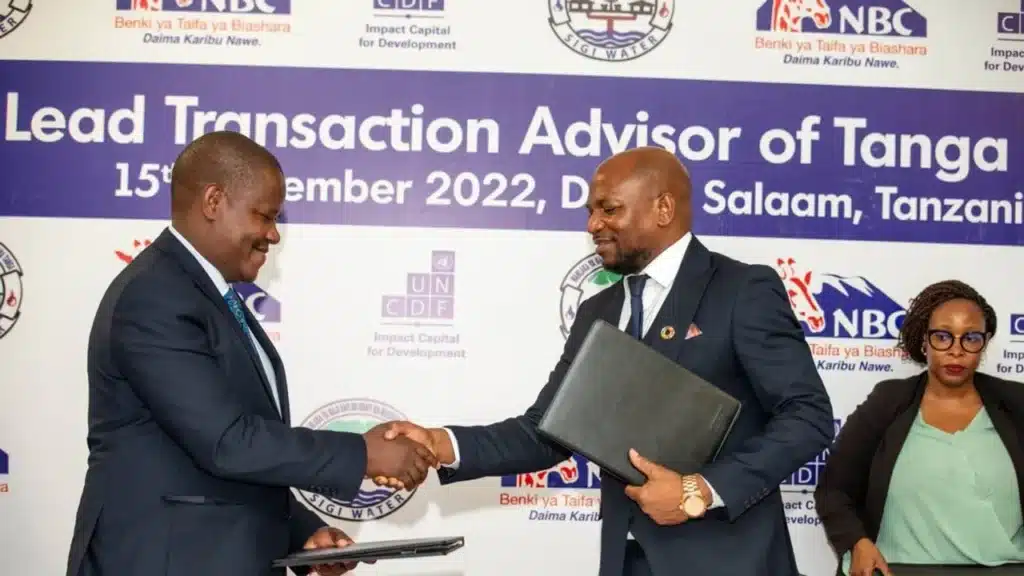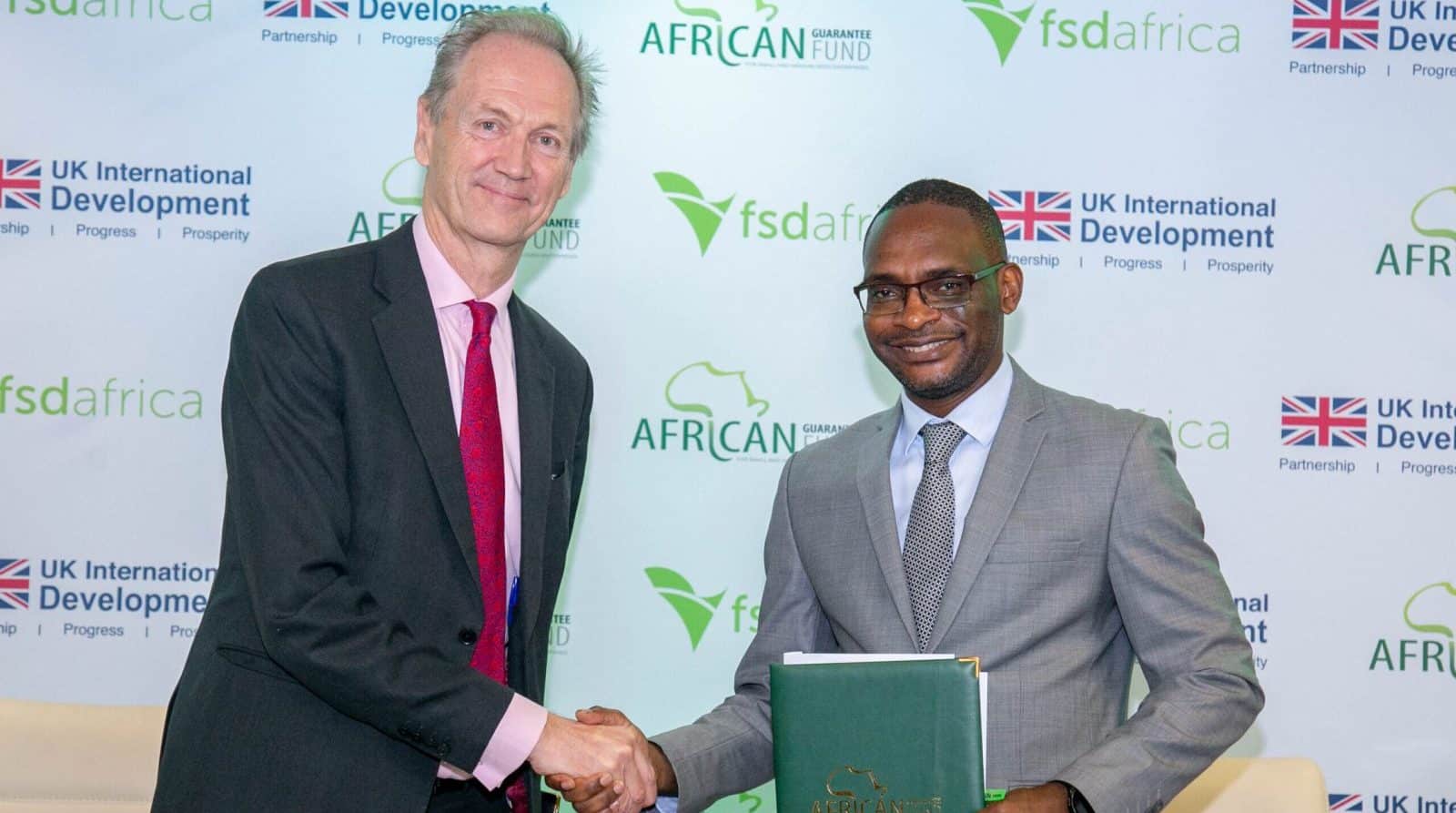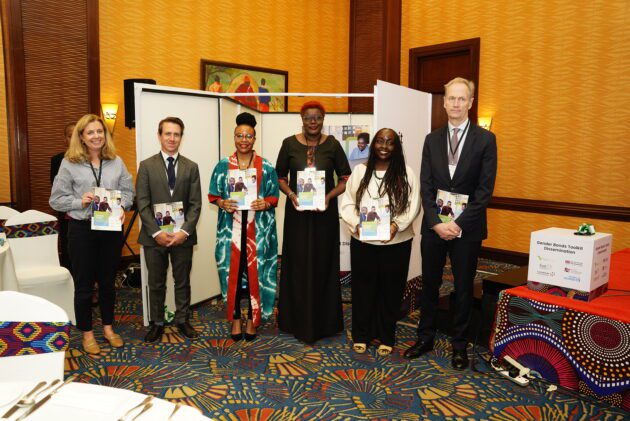The Carbon Value Exchange (Cavex) is an innovative initiative that has recently secured seed funding from FSD Africa Investments (FSDAi) and E3, investors committed to driving change in the climate and broader sustainability sector. This investment is a follow-up to grants received from FSD Africa and the Shell Foundation, supported by the UK government (FCDO). This blog aims to shed light to why Cavex exists and the challenges it seeks to address.
The Context
Multinational intergovernmental agreements, most notably the Kyoto Protocol and Paris Agreement, established through the Conference of Parties (COP) process, have recognised Voluntary Carbon Markets (VCMs) as one of the key contributors to curb global warming. Unlike compliance markets, which are government-regulated, VCMs seek to mobilise funding from organisations and individuals who are eager to offset their carbon emissions. Although not mandated or fully defined by regulatory frameworks, projects in VCMs that reduce or remove GreenHouse Gas (GHG) emissions are generally guided by principles originally defined by the Clean Development Mechanism (CDM)[1].
Due to their voluntary nature, VCMs largely operate without regulation, depending heavily on the trust of those seeking to offset their carbon footprints. To foster trust, various organisations have developed “standards” that assure buyers on the legitimacy of the carbon reductions or removals represented by their purchased carbon credits. However, these standards come with their costs and involve processes that must be met by participating projects:
- Certification fees,
- Third-party audit costs (Validation and Verification Bodies)
- Broker commissions
- Internal monitoring, reporting and verification (MRV) expenses
Furthermore, VCMs face challenges relating to the accuracy and transparency (and therefore trustworthiness) of carbon offset projects and carbon credit pricing. The absence of unified regulation or standards in VCMs leads to fragmented MRV methods, potential inaccuracies, and the risk of mis-selling. For instance:
- Manual MRV processes might be prone to human error, and often covering only a subset of devices and/or project areas.
- While intermediaries facilitate access to carbon financing, they can also contribute to pricing opacity between buyers and sellers.
Recently, international organisations and stakeholders, from governments to private sector players, have recognised the imperative to refine carbon markets if they are to significantly contribute to addressing the impending climate change challenges. Initiatives like the development of Core Carbon Principles seek to drive more integrity and fairness into the sector.
Enter Cavex
Cavex is designed to both mitigate these challenges and enhance the integrity of VCMs by:
- Lowering costs for micro-small projects to generate and sell carbon credits internationally, thus opening doors to the long tail of small-medium sized projects.
- Utilising digital-MRV tools for real-time monitoring through connected devices or satellite imagery, to accurately assess their carbon emission impacts.
- Streamlining micropayment processes for carbon credits sales, ensuring capital flows to the most relevant project participants efficiently.
- Offering a transparent marketplace for carbon credit transactions.
- Ensuring a greater portion of credit sales revenue reaches the projects on the ground.
Leveraging Digital Monitoring, Reporting and Verification Tools (D-MRV)
Cavex will employ D-MRV tools, like remote monitoring technologies for device-based projects (e.g., solar water pumps, electric cookstoves) and satellite imagery for nature-based projects (e.g., reforestation), ensuring transparency and integrity:
- For device-based initiatives, digital monitoring hardware/software will collect accurate activity data, such as power usage to calculate CO2e offsets.
- For nature-based projects, combining on-the-ground data with satellite imagery will monitor project land areas, aiding the validation process of forest growth or loss and above-ground biomass.
Data collected will undergo Data Quality Assurance (DQA) on the Cavex platform, utilising algorithms and random checks to detect anomalies that could misrepresent carbon reductions.
This digital approach reduces the need for costly and time-consuming field audits, allowing for direct platform-based verification. The system itself is audited thoroughly by an independent organisation, that will ensure that the correct (industry established) carbon calculation algorithms are applied to the data, and that the entire reporting processes and ledger systems used are accurate.
For example, in Kenya, a farmer named James reports usage data from his solar water pump directly to the Cavex platform (in either kwh and usage time consumed by the pump controller), translating into digital carbon credit value. These credits, once sold, help James finance his water pump or invest in his farm.
Moreover, Cavex’s digital tools will enable extensive data collection from devices enhancing the accuracy and integrity of the carbon credits generated. This will reduce the need for random selection of devices or plots of land (in nature-based projects) for manual verification, thereby improving the accuracy and integrity of the data underpinning the carbon credits.
A Transparent Digital Marketplace
Validated project data is converted into CO2e units, and eventually into carbon credits, recorded on a digital ledger. Each credit is linked to the project owner, with a traceable journey from creation to retirement. Project owners can list their credits in the marketplace, directly connecting with potential buyers and providing transparent pricing and project information.
Digital Payment Channels Guarantee Direct Benefits to Project Participants
Cavex proposes to integrate digital payment methods like mobile money to distribute proceeds from carbon credit sales directly to project stakeholders. This ensures that projects achieve their goals of GHG reduction or removal by directly benefiting the individuals and communities involved.
For instance, Mary, a small-scale caterer, who purchased an electric cookstove, contributes data that generate carbon credits by displacing traditional carbon-emitting fuels (often charcoal in sub-Saharan Africa). Along with other users, the majority of the proceeds from these credit sales are funnelled back to the cookstove project and its users, reducing costs and enhancing benefits.
Cavex stands at the forefront of democratising Voluntary Carbon Markets, with further trials underway to onboard more use cases, enabling small projects to contribute to climate change mitigation and mobilise finance for resilience.

